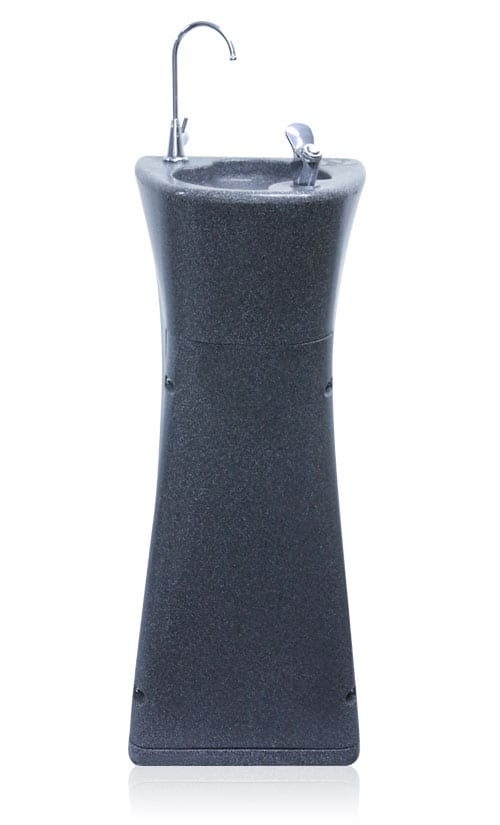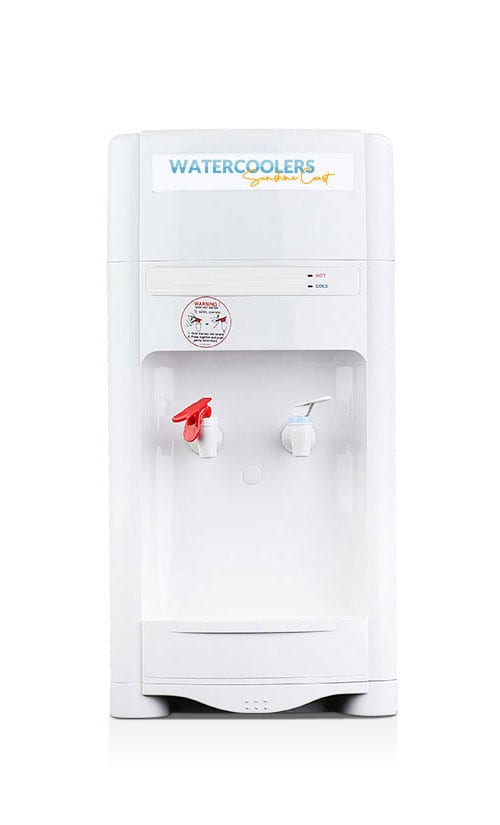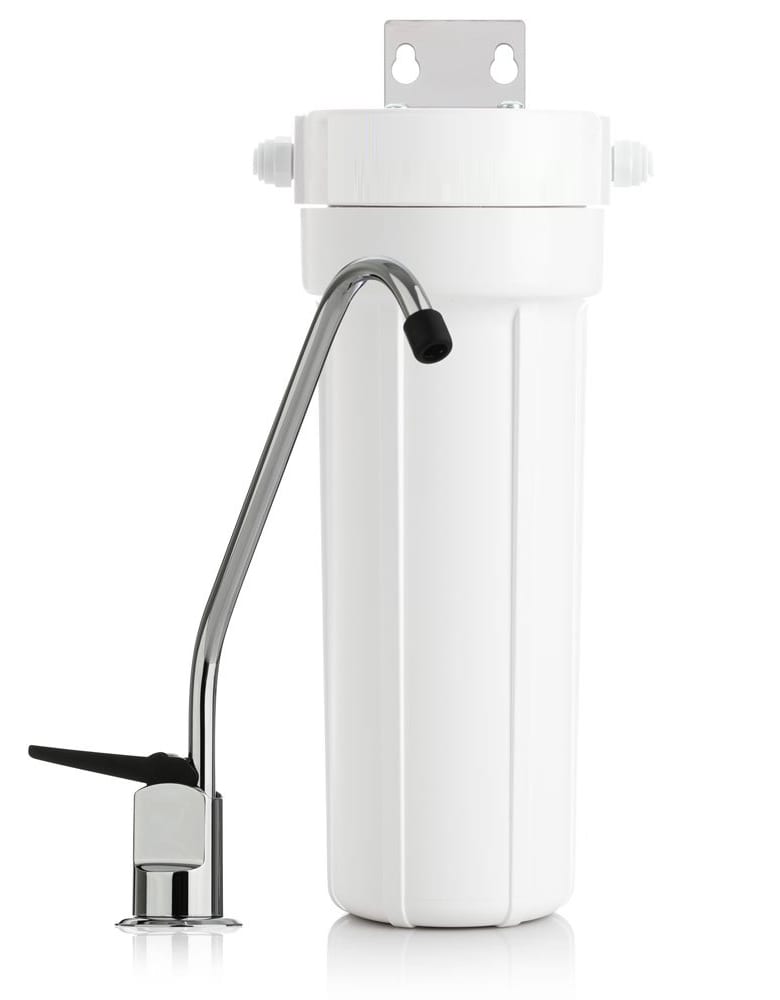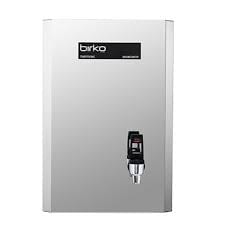February 8th 2021 by Harvey Grennan
The Sydney Morning Herald
SEVENTEEN of the 106 country town water supplies in NSW fail to comply with water quality standards, says a report that threatens to remove their control from local councils.
The Regional Towns Water Quality and Security report prepared for Infrastructure Australia by consultant Aecom finds that the governance, water quality and security of water supplies in regional towns with populations up to 15,000 are in need of reform.
The report recommends that NSW follows Victoria’s example of transferring control of non-metropolitan urban water supplies from local councils to government-owned regional water corporations. Water bills in Victoria are about 20 per cent cheaper than NSW since reforms in that state, it says.
”Some regional communities are exposed to a greater risk of illness from pathogens, algal toxins and other physical and chemical contaminants. Sections of the community with weakened immune systems are particularly at risk,” the report says. ”Although there have been no recorded deaths directly attributed to contaminated potable water in regional Australia, numerous ‘boil water’ notices and severe outbreaks of water quality related illness have been recorded.”
In NSW, contamination by E. coli and lead were the most significant health-related non-compliances. Twenty-two ”boil water” alerts were issued in NSW over the 25 months to June 2008, indicating a suspected or confirmed microbial contamination.
The ski resorts of Jindabyne and Smiggin Holes experienced a highly publicised microbial contamination incident in 2009 when 120 guests became ill as a result of contaminated drinking water at Smiggin Holes, while a sewer overflow into Jindabyne’s drinking water supply went undetected for three days.
The Local Government and Shires associations have rejected the findings, claiming there was no consultation with key players and that data that acknowledges councils are best placed to deliver these services was ignored.
”We’re furious at the lack of consultation, selective data collection and clearly flawed findings of the Infrastructure Australia report into local water utilities,” the president of the Shires Association, Bruce Miller, said. ”… The consultants that have ‘researched’ this report have not even bothered getting our opinion and have appeared not to have even sought the relevant state agencies.
”The report … conveniently ignores objective data which shows the strong performance of NSW local water utilities and solid improvements in quality, productivity and water security that have been made by this sector over the past decade.”
The report cuts across a state government review of local water utilities that has been under way since 2007. Local government has proposed a regional alliance model to deliver improvements in water security and quality standards through the sharing of resources – a model supported by the NSW Minister for Water, Phillip Costa, at a water management conference in Orange last September.
The Aecom report recommends:
- Reform of the governance structure of regional water utilities in NSW and Queensland;
- Mandating compliance with Australian drinking water guidelines;
- A nationally consistent best practice management framework;
- Increasing prices closer to full cost recovery; and
- A more qualified workforce to replace under-trained workers now operating water systems.
Read more here.





